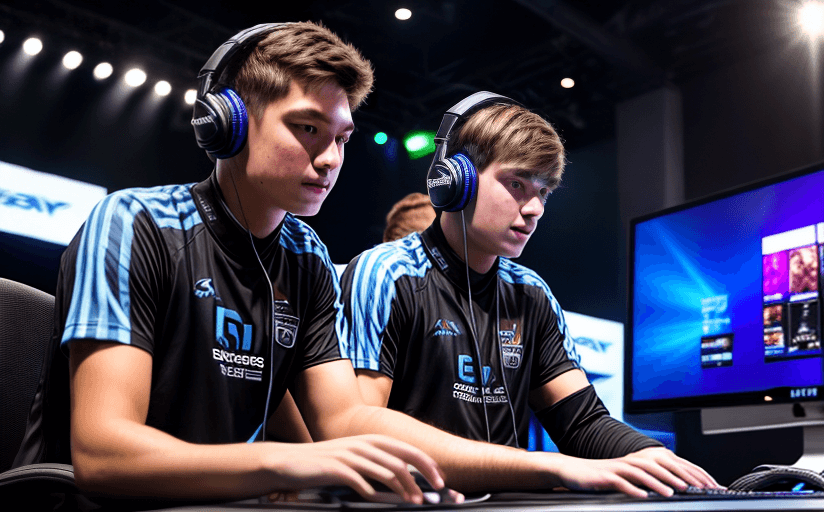Exploring the Impact of Competitive Esports on Mental Health
Competitive esports is an increasingly popular form of entertainment, with millions of players tuning in to watch tournaments from around the world. However, the competitive nature of esports can have both positive and negative impacts on the mental health of players. Long gaming sessions, negative reinforcement from teammates, and the prevalence of cyberbullying in the online gaming space can all take a toll on players’ mental health.
Long Gaming Sessions
Many competitive esports players spend long hours training and playing in tournaments. This can be a source of stress and anxiety for players, as they are constantly trying to improve their skills and compete at the highest levels. Long gaming sessions can also lead to physical exhaustion, as players are forced to stay in the same position for hours at a time. This can lead to physical, as well as mental, strain on players.
Negative Reinforcement from Teammates
Team-based competitive esports can be a source of stress for players, as teammates can often be overly critical of each other’s performance. This can lead to feelings of anxiety and depression, as players feel that they must constantly prove themselves in order to remain on the team. This can also lead to players feeling isolated or like they are not part of the team.
The Prevalence of Cyberbullying in the Online Gaming Space
Unfortunately, cyberbullying is all too common in the online gaming space. Players can be subjected to harassment and abuse from other players, which can have a negative impact on their mental health. Players may feel unsafe or unwelcome in the gaming environment, leading to feelings of anxiety and depression.
Creating a Healthier Gaming Environment
Gaming organizations, game developers, and mental health professionals can work together to create a healthier gaming environment for players. This could involve encouraging players to take breaks from gaming, setting limits on long gaming sessions, and creating systems to combat cyberbullying. By creating a safe and secure gaming environment, players can feel more comfortable and less stressed while competing in esports.
In conclusion, competitive esports can have both positive and negative impacts on the mental health of players. Long gaming sessions, negative reinforcement from teammates, and the prevalence of cyberbullying in the online gaming space can all lead to feelings of anxiety and depression. It is important for gaming organizations, game developers, and mental health professionals to work together to create a healthier gaming environment for players.


















Comments
Leave a Comment